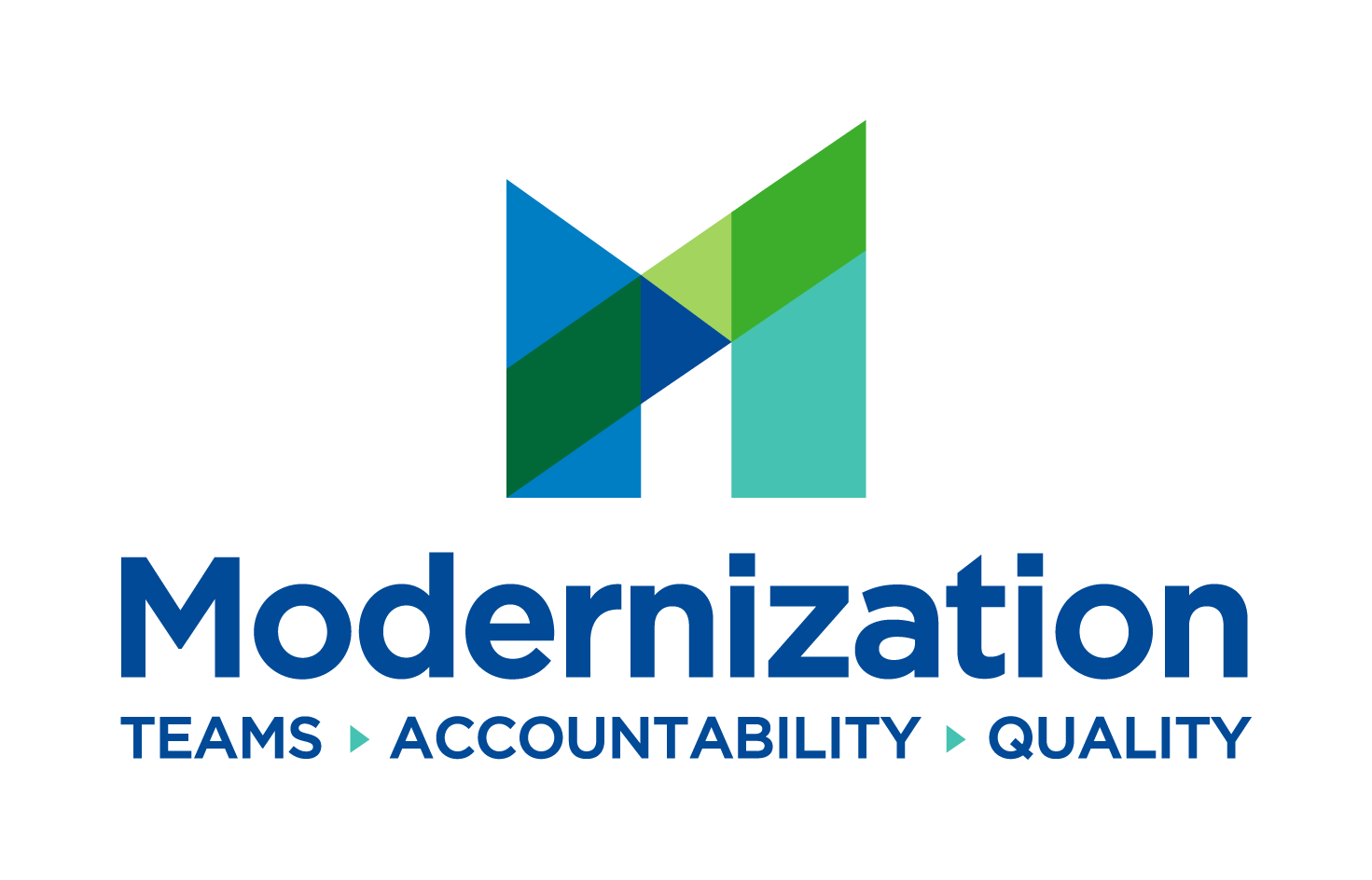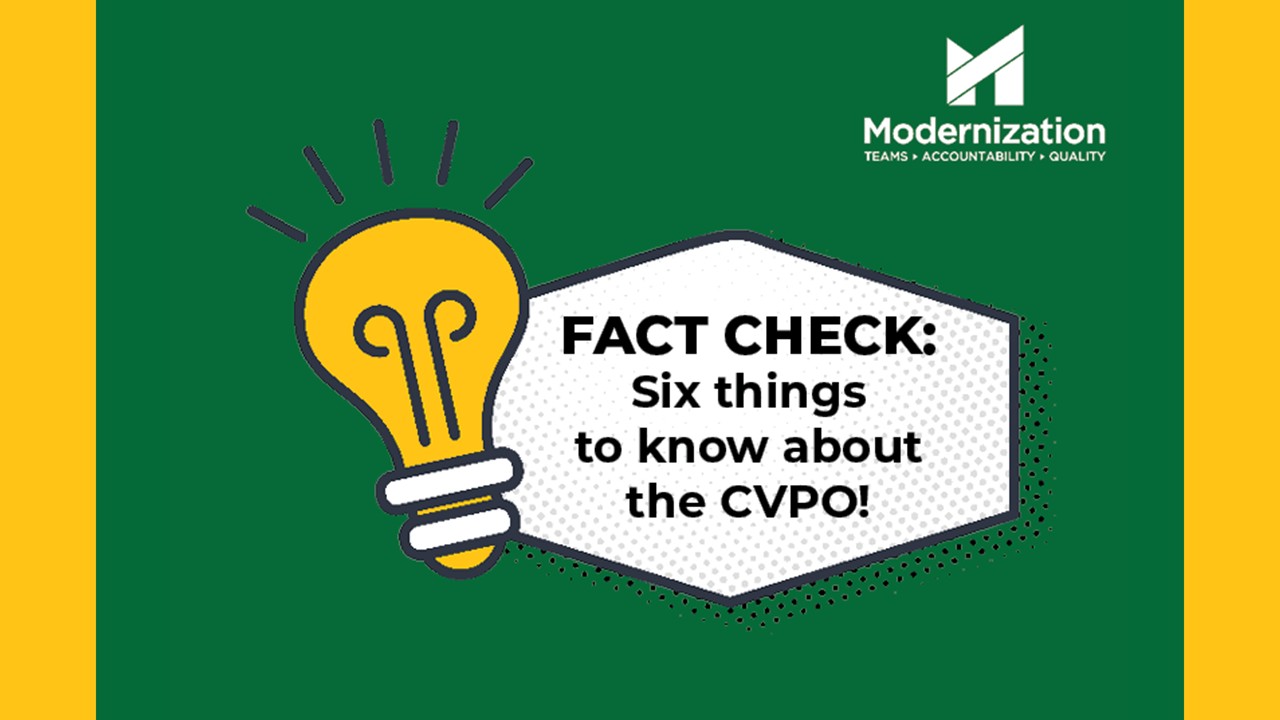Moving toward the College of Veterinary Professionals of Ontario
While the Veterinary Professionals Act has been approved, there is work to be done on regulations and draft By-Laws to support the new legislation and the College of Veterinary Professionals of Ontario. Your engagement is essential as we move through the next steps. Please contact the College for answers to any questions you may have.
Draft by-laws in consultation
By-Laws lay the foundation for how an organization functions. The Transition Council is currently consulting on the draft by-laws for the College of Veterinary Professionals of Ontario. By-laws provide a structure which supports the running of the next College and its Council. The draft by-laws include:
- How Council elections are conducted
- Key issues on how the Council functions such as declaring a conflict of interest, how the Chair and Vice Chair are elected from among Council, and the Code of Conduct expected of Council and Committee members
- The information collected from licensed members, and the posting of a subset of this information on the public register
- Finances, including fees for applicants, licensed members, facilities, and professional corporations which are in Schedule 1 to the by-laws.
Consultation on the draft by-laws
Replays of the Transition Council's discussions on the by-laws are available:
Regulatory Concept Recommendations
At its August meeting, the Transition Council finalized all of the proposed regulatory concepts, which have been sent to the Ontario Ministry of Agriculture, Food, and Agribusiness, who will develop the regulatory language. The Transition Council appreciates all input received during the consultation. The Veterinary Professionals Act grants the Transition Council the ability to propose regulations to support the new legislation.
Transition Council Regulatory Concept Recommendations, submission to OMAFA
On November 25, 2025, the Transition Council hosted a Town Hall session, Fact Check: Six things to know about the CVPO! The session provided an overview of key aspects of Transition Council's ongoing work to establish the College of Veterinary Professionals of Ontario.
The presentation focused on:
Managing risks
Strengthening veterinary teams
Simplifying licensure and protect use of title
Public Register & transparency
Efficiency in the complaints process
Quality assurance
Veterinary Technicians: Connect with the College
The Veterinary Professionals Act provides an exciting, new framework for the regulation of the veterinary profession. We want to help you stay informed. Veterinary technicians and veterinary team members can sign up to receive helpful e-mails around the work of the Transition Council, upcoming consultations, timelines, and opportunities. Sign up today and you will be entered in a monthly draw for a $50 gift card!
- Transparent: Ethical, fair, clear and direct
- Reliable: Competent, well-informed, evidence-based, adequately resourced, informed by meaningful consultation with relevant partners
- Relevant: Risk-aware, current, responsive and nimble
- Independent: Mandate-focused and objective
- Compassionate: Approachable, supportive and adaptable to context
- Inclusive: Respectful of all voices, conscious of personal bias, open-minded and committed to learning
- Accountable: Performance driven, impact oriented and publicly responsible
For more information on legislative reform activities, please review the following reference materials.
Infographic Towards Modernization: A graphic outlines the College's progress towards modernization beginning with the early work in 2013 towards final proclamation when the College becomes the College of Veterinary Professionals of Ontario.
Infographic Towards Modernization
Achieving a Modern Approach to the Regulation of Veterinary Medicine in Ontario:
Achieving a Modern Approach to the Regulation of Veterinary Medicine 2018.pdf






